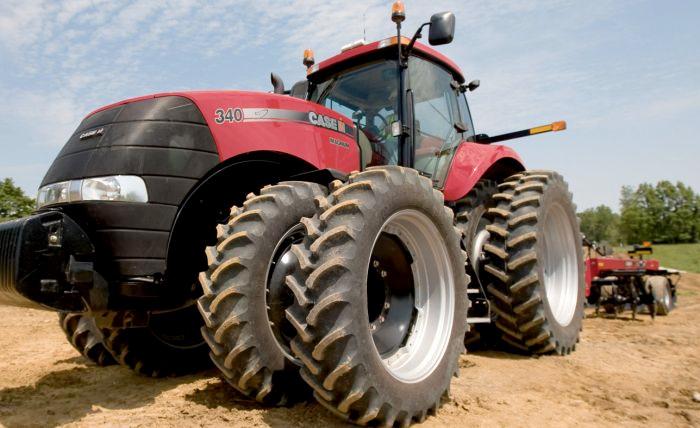
The red diesel price has recently risen slightly - from a low of 49.6p/litre in early February 2015 it was 51.03p/litre as at this morning 30 March 2015. This is still significantly less than the same time last year (66.4p/litre) or 2013 (72.71p/litre).
The reduced price now is as a result of the time lag impact of tumbling oil prices in the final quarter of 2014.
In February 2014, farmers paid around 17p/litre less than they did the previous year, with red diesel prices falling in February 2015 to their lowest price since October 2010. This is a welcome relief to farmers who have faced increasing red diesel prices since the mid 1990s in line with the global trend in oil prices.
Jamie Younger, Partner in UK top 20 Chartered Accountants Saffery Champness and a member of the firm’s the Landed Estates and Rural Business Group said:
This continuing low price should impact on the costs farmers face through lower direct fuel costs and possible knock on decreases in prices of other inputs.
For the average farmer, fuel costs represent between 5 and 10 per cent of farm costs and therefore their decrease may only directly lead to an overall reduction in costs of between 1 and 2 per cent. However there may also be positive knock on effects for farmers from the passing down of this saving in terms of lower transport costs for other inputs like feed and fertiliser. This could represent a more significant saving for famers, with feed costs alone typically representing around 50 per cent of inputs in the livestock sector.
Disappointingly, the price of fertiliser has remained relatively robust to the change in fuel price in the UK due to the offsetting impact of exchange rates against falling transport costs, although historical correlation suggests that a time lag exists and therefore there may yet be a decrease in fertiliser price to come in the future.
It will be interesting to see what longer term effect cheaper fuel prices will have on the wider food market and to what extent the savings that farmers make in input costs will be squeezed by falling output prices.
Understandably due to the uncertainty over the future oil price, the time lag as it feeds through to red diesel and the recent small rebound in the oil price since early February, there is increased interest from farmers looking for ways of locking in to the low cost for as long as it continues.
